Encrypted messaging app Signal’s ambition to become as famous as WhatsApp

In this day and age, cybersecurity and privacy on the internet are becoming more and more prominent. A messaging app, called Signal, was only for the cybersecurity nerds and some activists once, as it offered end-to-end encryption and improved privacy protection with very limited number of features. It is considered one of the world’s most secure messaging apps for Android and iOS. Now, it’s aiming for its audience to change - it is trying to reach the masses.
Cryptographer Moxie Marlinspike, Signal’s creator, is working with WhatsApp cofounder, Brian Acton, who left WhatsApp soon after the app was bought by Facebook. Acton has invested $50 million into Marlinspike’s project in order to develop it more. It’s important to note that WhatsApp used Signal’s open-source encryption protocol for the end-to-end encryption of its messages.
In the beginning, Signal was a simple messaging app that relied on its security reputation to attract users - it had only a couple of simple features, such as messages and calls, but nothing more interesting. However, Signal Foundation’s plans seem to change now as they are bringing more mainstream features such as group messaging, stickers, support for iPad, and working on an option for encrypted contacts to be stored in the cloud, inaccessible to Signal’s servers and thus only available to the user they belong to.
The challenge comes from the fact that Signal wants to offer all of those interesting features, but still remain truthful to its principle of security and privacy. Unfortunately, sometimes to get more functionalities and to remain user-friendly, an app should sacrifice its security and vice-versa. However, Signal is planning to keep a good level of security as well as bring in new features, which means a lot of research in the field of cybersecurity and cryptography.
Brian Acton is actually the one responsible for Signal’s ambitious growth plan. He says that he has the confidence that the app can reach a bigger audience (it has now been downloaded 10 million times on Google Play and additionally, another 40% of the app’s users are on iOS) in the next five years. "I’d like for Signal to reach billions of users. I know what it takes to do that. I did that," says Acton to Wired magazine.
Brian Acton is actually the one responsible for Signal’s ambitious growth plan. He says that he has the confidence that the app can reach a bigger audience (it has now been downloaded 10 million times on Google Play and additionally, another 40% of the app’s users are on iOS) in the next five years. "I’d like for Signal to reach billions of users. I know what it takes to do that. I did that," says Acton to Wired magazine.
Overall, Signal’s owners expect the secure messaging app to reach more users and become more user-friendly, so its great security and privacy protecting features can be used by more people. After all, who wouldn’t want to have what’s private remain private while experiencing all the features modern technology has to offer?
Follow us on Google News

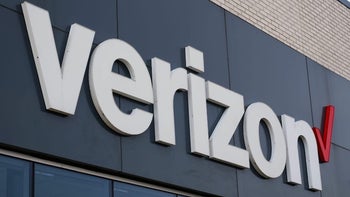
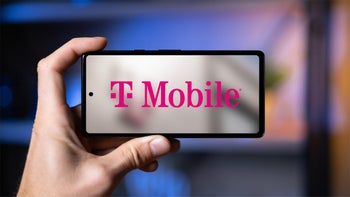

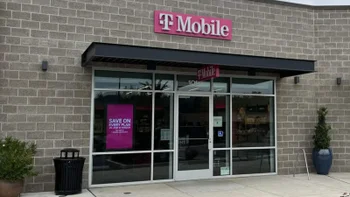
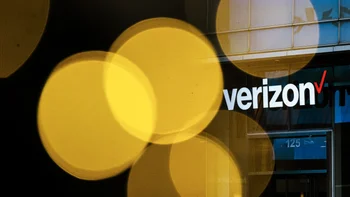
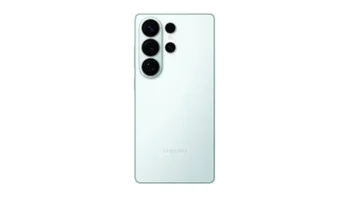

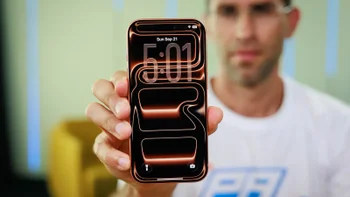
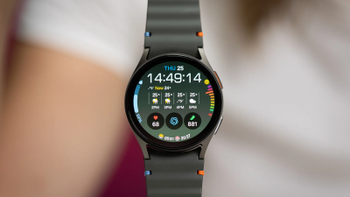

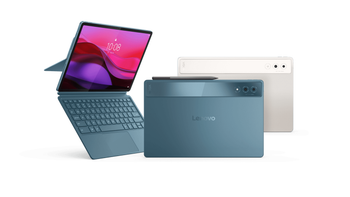
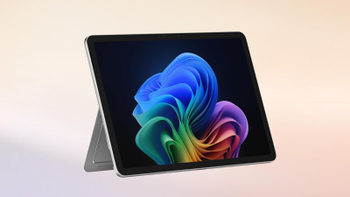
Things that are NOT allowed:
To help keep our community safe and free from spam, we apply temporary limits to newly created accounts: